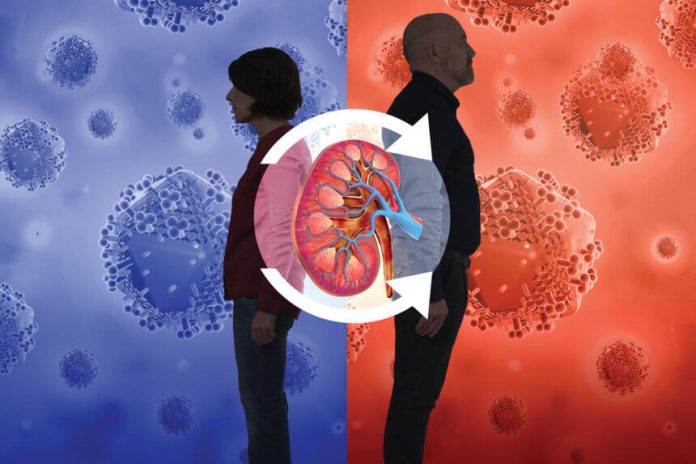Shannon Firth of MedPage Today announced in an article that there is a new source of transplant organs for HIV patients that are being made available. “HIV-to-HIV Organ Transplants Moving Forward” is the title of the article. This is a major reversal of medical procedures based upon new information that transplants can be done with patients that are on HIV management drugs. John Hopkins Hospital and Mt. Sinai Hospital are involved in a trial for this new program.
This new program has far better chances of success with the new HIV treatments available, and greater public understanding of the real risks of AIDS transmission. Unlike Ryan White, an early AIDS patient that was expelled from middle school because he contacted AIDS from a blood transfusion, those with HIV and AIDS are able to live within the community for an extended period of time. The director of the this research transplant program at Mount Sinai Hospital, Sander Florman, MD, estimates that there are 2,000 potential HIV positive donors available to contribute organs to other HIV patients each year. Other sources put the estimated number of potential HIV donors to be around 500 at this time.
120,000 patients in the US are estimated to be waiting for transplants at the present time, with about 90,000 of them waiting for a kidney. While additional HIV donors will only be of use to HIV recipients, this is a significant population of HIV donors and HIV recipients. Some of the issues in this HIV-to-HIV transplant program include:
- Harvesting the HIV organs in an environment that does not contaminate the theater with potential HIV pathogens.
- Transporting the organs to where they are needed using existing transportation equipment and personnel
- Surgically implanting the donor organs into HIV recipients with the same concerns as when the organs were harvested
- Making sure that HIV donors are not so loaded with HIV as to make their transplanted organs likely to fail, or the HIV strain of the donor is substantially different from the HIV strain of the recipient.
Congress specifically excluded HIV organs from transplant in the Organ Transplant Amendment of 1988. The HIV Organ Policy Equity (HOPE) Act of 2013 allows for HIV-to-HIV transplants in a research environment with the approval of the oversight committee for the program. Johns Hopkins and Mount Sinai hospitals have each now done a transplant from a HIV patient to two HIV recipients. One HIV donor was able to provide a liver to one HIV patient and a kidney to another HIV patient at Johns Hopkins. In the past, the potential interaction of the anti-rejection drugs with the HIV treatment drugs was considered a major barrier to transplanting any organ into a HIV-positive patient, even if the organ was from a non-HIV donor. It has turned out that those HIV patients receiving transplants have been successfully managed to retain the transplant without worsening the HIV condition.
Michael Smith of MedPage Today released an article on Feb. 11, 2015 under the title “HIV No Bar to Kidney Transplant.” The experience in South Africa was that 74% of HIV patients getting a kidney transplant were alive after five years. South Africa has widespread HIV that has had increasing successful treatment of the HIV lead to HIV related kidney failure. Being able to do HIV-to-HIV organ donations is a must under South Africa’s situation. The HOPE Act allows similar transplants in the US now under research conditions.
Johns Hopkins and Mount Sinai have done liver and kidney transplants. The NIH is looking for other facilities to perform heart and lung transplants using HIV-to-HIV protocols. There are many concerns in this whole process, which is why it has taken the NIH from 2013 to the present to begin fleshing out the protocols. This is another step in changing the diagnosis of HIV from a death sentence to an increased opportunity for a longer, more productive life with HIV.








